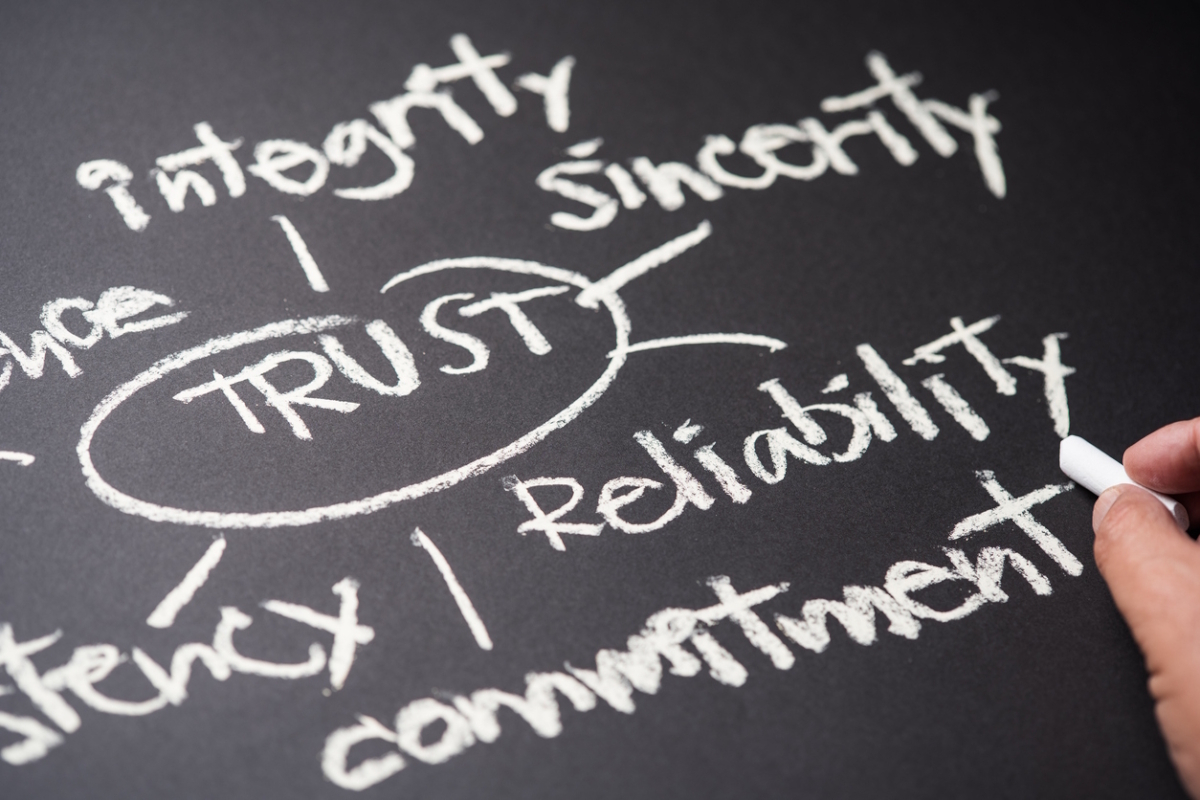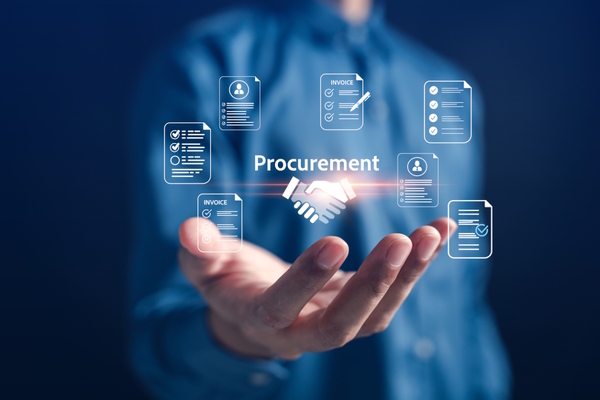How to build trust in a polarised world
Jeppe Rindom at Pleo offers a candid view into how businesses can build meaningful trust with customers, employees, and regulators, and why it’s a differentiator in an uncertain environment

The world has never felt more divided. Opinions are strong, discourse is fractured, and misinformation is on a meteoric rise. Trust, once a given, is now a rare and fragile currency. According to Edelman’s 2023 Trust Barometer, global trust stands at just 55 – a notable decline from the year before.
But with this challenge comes an opportunity. The same report revealed that businesses are now trusted more than governments. In this vacuum, business leaders are in a great position to step up, lead with intention, and show that in an era of ambiguity, consistency and empathy can still win hearts.
At Pleo, trust isn’t just a guiding principle. It’s been a part of our philosophy from day zero. Here I’d like to share a few lessons from our own journey and what we’ve learned about building trust with customers, with our teams, and with the wider world. In a world where noise is loud, it’s more important than ever for a brand to show up consistently. Trust is built when a company’s identity stays anchored and its values hold steady, even as the world doesn’t.
Understanding is the root of trust
In today’s fragmented landscape, what sets the best business leaders apart is their ability to genuinely understand the people they serve from the very beginning.
Customers can spot a surface-level strategy a mile away. They’re looking for brands that speak to their reality. Those who truly recognise the pressure they’re under and offer something that actually helps.
At Pleo, we started in the position of our own customers. Our leadership team had all spent time in roles where spending company money came with friction. Whether as CFOs trying to enforce compliance or as employees footing bills and waiting for reimbursements. Those shared experiences shaped how we built our product – not just as a financial tool, but as an opportunity to make things more efficient, more intuitive, and ultimately more respectful of people’s time and responsibilities. And that very idea has remained, regardless of where we expanded over the years.
This resulted in something more human and profound. Customers weren’t just streamlining spend management – they were sending a powerful signal to their employees too. That they value autonomy, and understand what it means to do your job without unnecessary friction. This has created a bigger culture shift than we ever expected.
The lesson here is straightforward: design with understanding and empathy. If you can meet people where they are and solve a real need with intention, you move beyond service into trust.
Building trust within
You can’t expect customers to trust your brand if your own people don’t trust your business. Culture doesn’t come from slogans or handbooks. It comes from the everyday signals your team receives: how decisions are made, how mistakes are handled, and whether people feel safe to speak up and take initiative.
To build a culture of trust, leaders should always ensure autonomy outweighs micromanagement. For instance, from day one, we built our product on the idea of decentralised control: company cards, real-time tools, and clear guardrails instead of rigid approval chains. When you trust your teams with bigger responsibilities, you empower smarter decisions and higher engagement. In fact, a Gartner research revealed that employees who enjoyed more autonomy were 2.3 times more likely to excel at work, and 2.3 times more likely to stay.
We’ve also learned how essential transparency is to building alignment. As we scale, we’ve had to build more structured systems that define our mission, vision, and values so that every team, no matter where they are, is moving in the same direction. That clarity builds trust. Even when decisions are difficult, people stay committed when they understand the reasoning behind them.
In my experience, trust is more than about being hands-off. It’s about establishing thoughtful and transparent guardrails that set your people up for success while ensuring they’re protected. When trust is embedded into your operating model, your culture shifts. And the effects ripple outward. A trusted team doesn’t just become more efficient. It contributes and innovates.
In my experience, trust is more than about being hands-off. It’s about establishing thoughtful guardrails structures that reflect belief in your people and backing that up with communication, consistency, and context. It also means establishing thoughtful guardrails that ensure their safety and success, so autonomy never comes at the expense of support. When trust is embedded into your operating model, your culture shifts. And the effects ripple outward. A trusted team doesn’t just become more efficient. It contributes and innovates.
Raising the bar for trust
Now more than ever, business leaders carry a responsibility that goes beyond the walls of their own companies. This means stepping up to shape the standards that will guide the business landscape at large.
At Pleo, trust has meant facing regulatory complexity head-on. From the very beginning, operating in financial services meant navigating a tightly controlled environment. That required us to undergo
rigorous compliance demands and significant investment in areas that don’t always create immediate customer value.
But that work is fundamental - because in our space, trust and regulation go hand-in-hand. When you set the bar high for compliance, transparency, and ethical practice, you signal to the market that you’re building for the long term. That you take responsibility seriously even when no one’s watching. And in a world full of shortcuts, that kind of integrity earns lasting confidence from customers, partners, and regulators alike.
Trust as a defining commodity
In a polarised world, building trust may feel like an uphill battle – but it’s also one of the most valuable investments a leader can make. And that comes from listening deeply, acting with consistency, and empowering people, inside and outside your business, to make smart, confident decisions.
The opportunity for business leaders is clear: trust is a differentiator. Those who lead with it and embed it into their DNA won’t just survive uncertainty. They’ll emerge stronger and shape what comes next.
Jeppe Rindomv is CEO of Pleo
Main image courtesy of iStockPhoto.com and patpitchaya

Business Reporter Team
Most Viewed
Winston House, 3rd Floor, Units 306-309, 2-4 Dollis Park, London, N3 1HF
23-29 Hendon Lane, London, N3 1RT
020 8349 4363
© 2025, Lyonsdown Limited. Business Reporter® is a registered trademark of Lyonsdown Ltd. VAT registration number: 830519543





